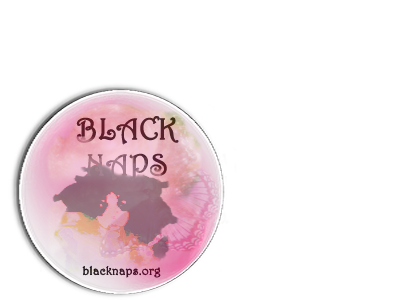Tuesday, July 13, 2010
ACANTHUS PLANT...
Acanthus extract is derived from the Acanthus (Acanthus mollis) plant, also called a shrub, which grows well near the Mediterranean Sea but has a wide distribution in Europe and even grows well in parts of the United States. Acanthus is mostly used as a decorative plant because of its ample, lush leaves and towering purple, white or even pink flower of the Tasmanian type. Acanthus is also referred to as Bear’s Breeches and is from the family Acanthace and genus Acanthus. It is an herbaceous perennial whose leaves were made immortal as the featured motif on Corinthian (Greek) columns of the 5th century B.C.E.
Growth and Habit
Acanthus is not a picky plant. It grows well in dry or humid weather, cold or warm conditions and sunny or shaded locations, though it does best in dry warmth in full sun to partial shade. It also prefers wet soil of a pH 7. The impressive foliage is at its height of beauty in the fall, though in spring, the evergreen plant assumes its purple color. Though typical flowers are 4 feet high they can grow as tall as 6-8 feet high. It has an invasive root system and has sharp spines and sharp edges so it must be handled and grown with care.
Medicinal Properties
The medicinal aspect of the plant is usually derived from the foliage (leaves) and the roots. The crushed leaves have been used to treat burns. The plant is also used traditionally to treat spider bites, burns, bruises and joint pain. The leaf juice has been known to stimulate the appetite.
Acanthus contains tannins and mucilage, lending important medicinal qualities. The qualities most useful in hair care, making it a boon as an added extract, are its astringency as well as its emollient, demulcent and detergent properties. Astringents dry up excess oils on the scalp and help deter oily build up and greasiness. This makes products with acanthus extract especially good for oily scalp conditions or hair that suffers from build-up of chemical products. Emollients attract moisture from the air and encourage that moisture to be retained by the hair. One of acanthus’ most prominent qualities is its emollient property. This means that products with acanthus extract can help the hair retain moisture without being weighed down or appearing greasy. The combination of astringency and emollient make products with acanthus extract good for both dry and oily hair types. Acanthus is also a demulcent. Demulcents are softeners, making products with acanthus extract useful for those with brittle, coarse hair. Some products with demulcents are also good detangling aids. An additional feature of the acanthus plant is that it contains natural detergents or saponins; these help cleanse the hair, pairing nicely with the astringent quality.
So wonder no further. Reach for products with acanthus extract if you have dry hair or oily scalp. Try acanthus if you seek a light moisturizer as well as control and definition of your curly top.
Check your gardens, this wonder plant may be already growing in your garden !
ENJOY!!!
Posted by Unknown at 12:19 PM
Labels: herbs for hair
Subscribe to:
Post Comments (Atom)























4 comments:
Wow! I learned something new.
Thanks for posting on this.
@ChocolateOrchid...sure ! anytime.
Mash allaah, good information I can surely use.
@ Slipstitches, As salaamu alaikumm !.....Alhamdulliaah, so glad you found this info of good use. Take care and Enjoy.
Post a Comment